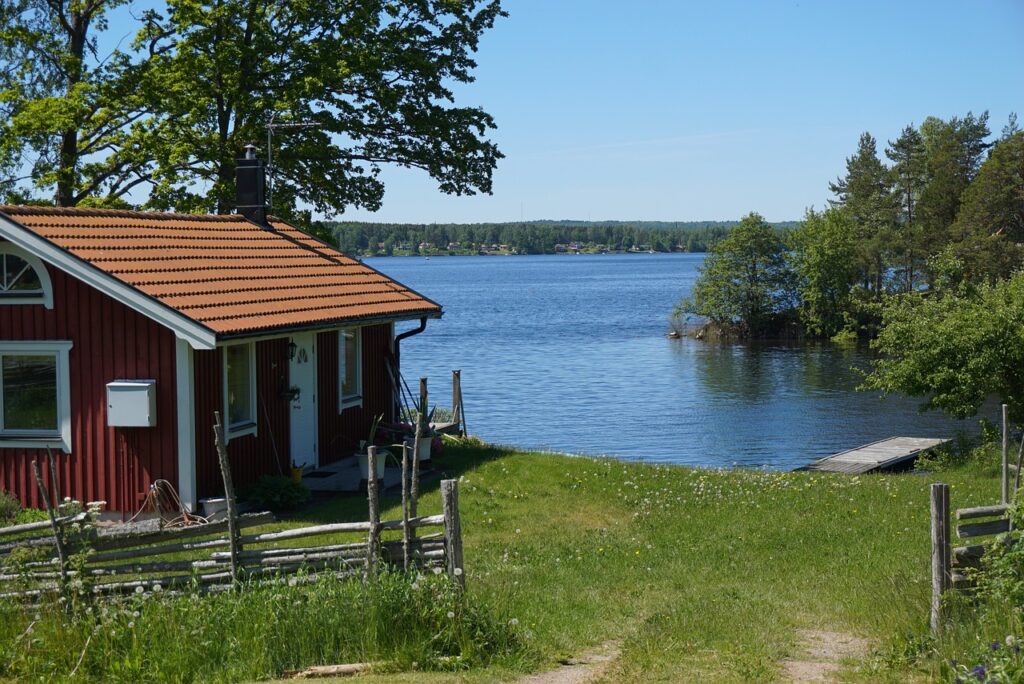
Coping Mechanisms for Survivors of Sexual Assault
Surviving sexual assault is an incredibly challenging experience that can have profound physical, emotional, and psychological impacts. Healing is a deeply personal journey, and finding effective coping mechanisms is essential for survivors to regain control, rebuild their lives, and foster resilience. This article explores various coping strategies to support survivors in their recovery process.
- Seeking Professional Support
One of the most critical steps a survivor can take is to seek professional help. Therapists and support groups specialising in trauma and sexual assault can provide a safe space to process emotions and develop coping skills. Techniques such as cognitive-behavioural therapy (CBT), eye movement desensitisation and reprocessing (EMDR), and trauma-focused treatment are particularly effective. - Building a Support Network
Connecting with trusted friends, family members, or support groups can alleviate feelings of isolation. Sharing experiences with others who understand or simply having someone to listen can validate feelings and provide emotional comfort. Support groups, both in-person and online, offer a community of survivors who share similar journeys. - Practicing Self-Care
Engaging in self-care is crucial for recovery. This includes maintaining a healthy routine with adequate sleep, nutrition, and physical activity. Activities like yoga, meditation, deep breathing exercises, or creative outlets such as art and writing can help manage stress and promote emotional healing. - Establishing Boundaries
Survivors often benefit from setting clear personal boundaries to feel safe and regain control over their lives. This might involve limiting contact with certain people, avoiding triggering environments, or asserting one’s needs in relationships. - Educating Oneself
Understanding the effects of trauma and the typical responses to sexual assault can normalise the survivor’s reactions and reduce self-blame. Reading literature, attending workshops, or engaging with advocacy organisations can empower survivors with knowledge and resources. - Engaging in Empowering Activities
Participating in activities that foster a sense of empowerment and self-worth can aid recovery. This might include volunteering, pursuing hobbies, or engaging in advocacy and awareness campaigns related to sexual assault. - Allowing Time and Patience
Healing is not linear and may involve setbacks. Survivors need to practice patience and compassion with themselves, acknowledging progress at their own pace.
Conclusion
While the path to healing after sexual assault is unique for every individual, utilising coping mechanisms such as professional support, building a network, practising self-care, and setting boundaries can significantly aid in recovery. Survivors are encouraged to seek help, trust their journey, and remember that healing is possible. Support and understanding from society also play a vital role in fostering an environment where survivors can thrive.

Leave a Reply